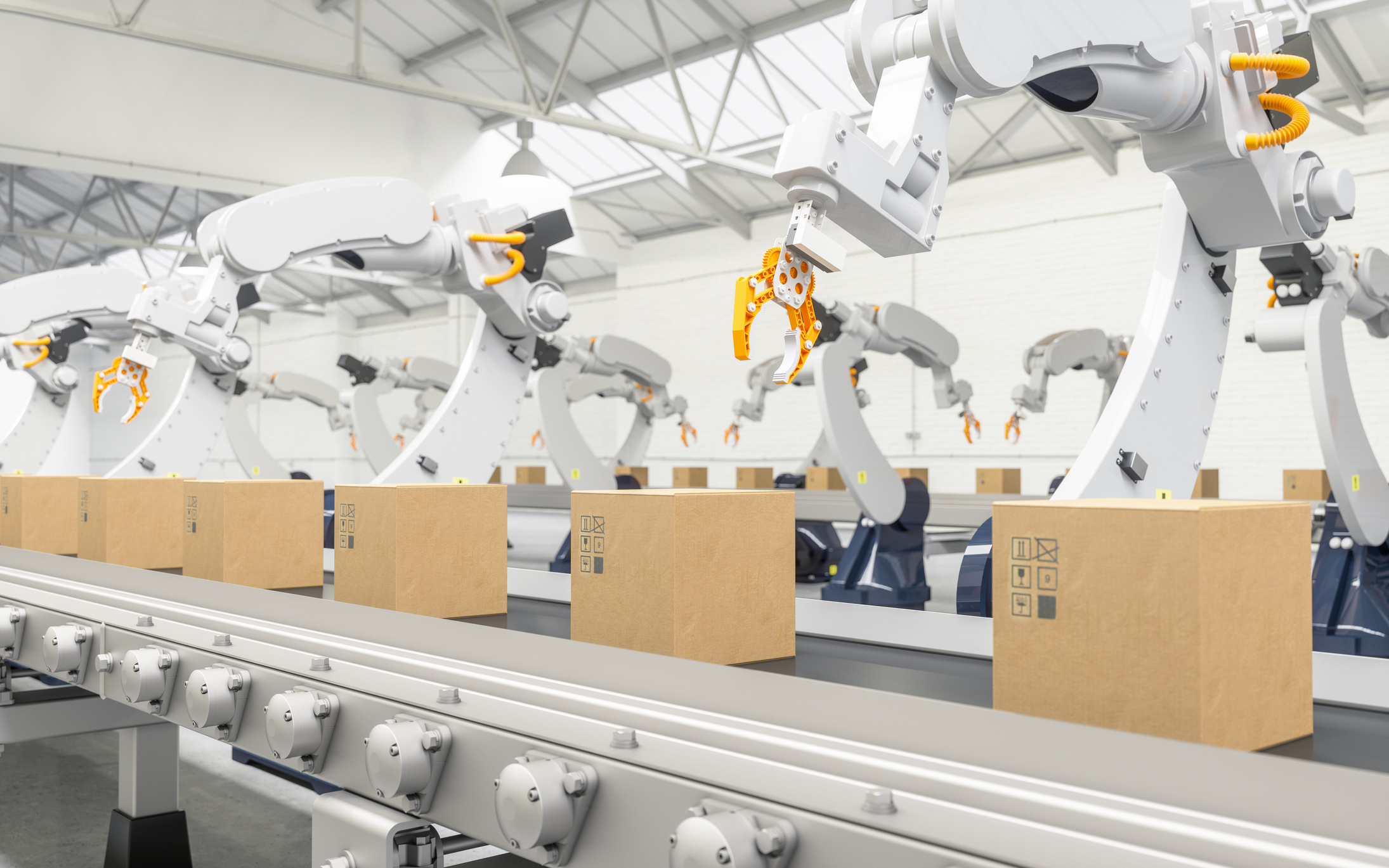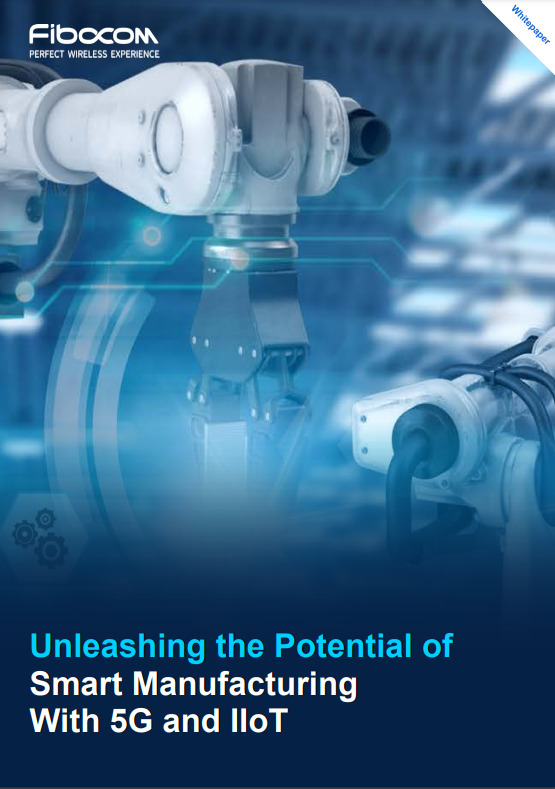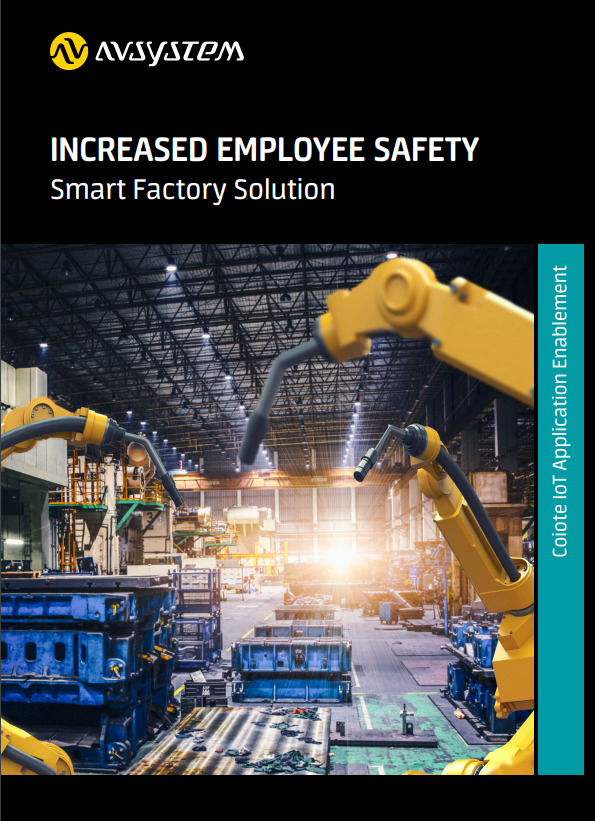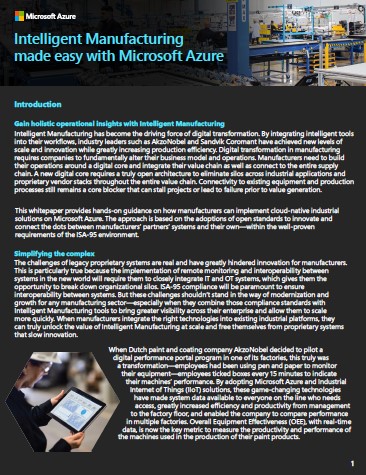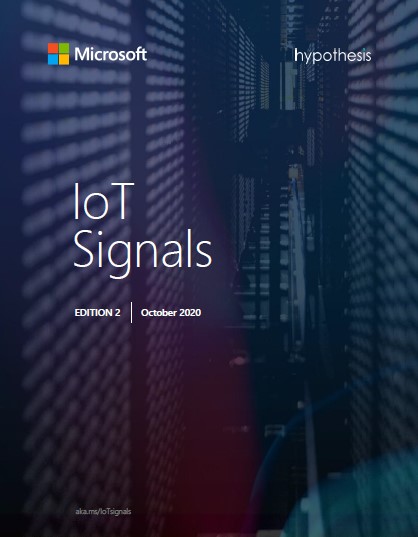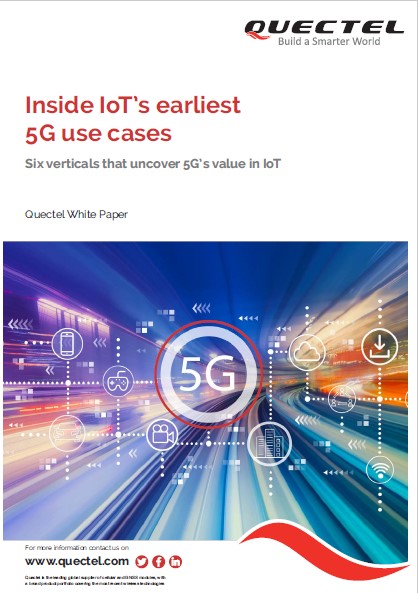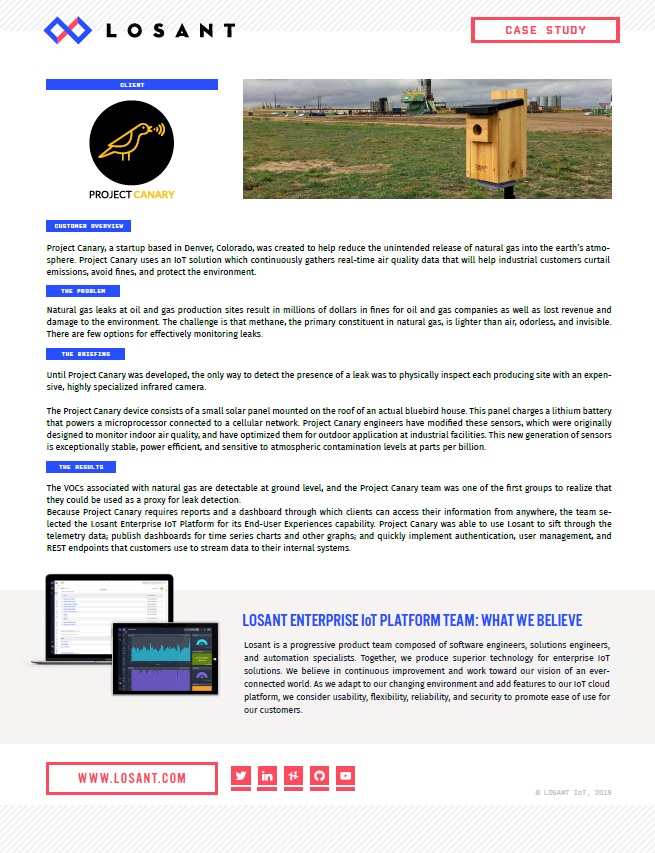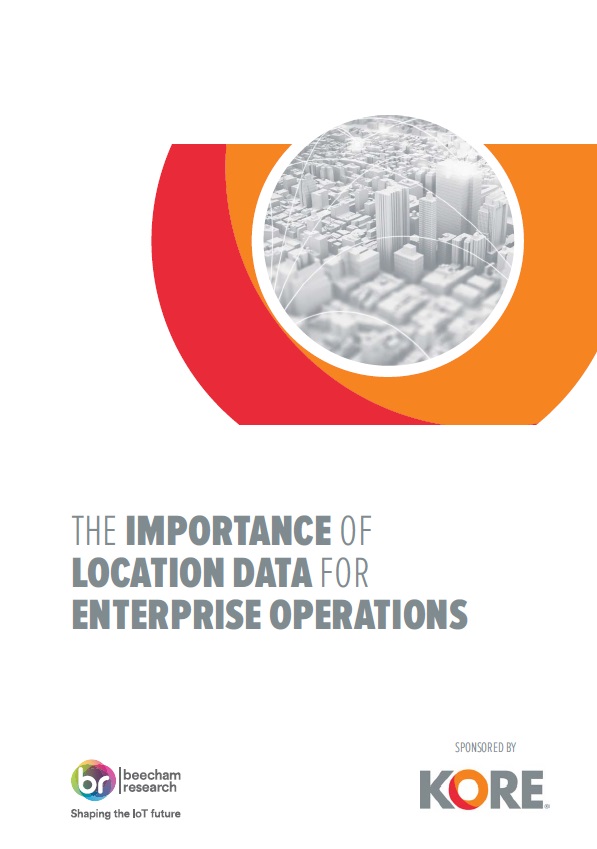Meeting the Wide Range of Requirements of a Control Systems Manufacturer
Manufacturing is one of the most complex and globalized industries in the world. Critical components, such as control systems, must be designed and delivered in a coordinated way to complete the final product on time and to fulfill the required high-quality standards.
Unleashing the Potential of Smart Manufacturing With 5G and IIoT
Digital technologies underpinning the Industrial Internet of Things (IIoT) have ushered in an era of smart factories, hyper-efficiency and limitless productivity. Already, manufacturers face the pressure of fulfilling customer requirements more rapidly and with a higher degree of flexibility and customization than ever before, but traditional manufacturing models lack the agility and intelligence to meet these demands.
Increased Employee Safety – Smart Factory Solution
In a typical manufacturing/supplying product company, both management and working teams face many challenges, ranging from employee safety or security of the equipment, to minimizing the time spent on optimal use of storage space. An important aspect is also the efficiency of work, as well as the possibility of reducing the negative effects of a potential incident on the company’s premises.
Intelligent Manufacturing made easy with Microsoft Azure
Digital transformation in manufacturing requires companies to fundamentally alter their business model and operations. This whitepaper provides hands-on guidance on how manufacturers can implement cloud-native industrial solutions on Microsoft Azure. The approach is based on the adoptions of open standards to innovate and connect the dots between manufacturers’ partners’ systems and their own—within the well-proven requirements of the ISA-95 environment.
IoT Signals: a comprehensive IoT research study
Microsoft created the IoT Signals series of reports to give the industry a holistic view of the IoT ecosystem providing insight into adoption rates as well as benefits and challenges. The goal of these reports is to better serve our partners and customers, as well as help business leaders develop their own IoT strategies, and to provide the most up to date research on IoT use across countries and industries.
5G is finally in use across the IoT – should your business make the switch?
Quectel’s latest white paper examines some of 5G’s first enterprise use cases in IoT, across six key verticals – agriculture, automotive, healthcare, manufacturing, media and smart cities – and explores some of the advantages and challenges 5G poses for each. If your organisation is considering a move into 5G for IoT, download your free copy now to discover how these industry pioneers have overcome barriers to adoption to be among the first to draw on 5G’s extraordinary potential.
Case Study: Project Canary
Natural gas leaks at oil and gas production sites result in millions of dollars in fines for oil and gas companies as well as lost revenue and damage to the environment. The challenge is that methane, the primary constituent in natural gas, is lighter than air, odorless, and invisible. There are few options for effectively monitoring leaks.
Improve efficiency and throughput with seamless connectivity for intelligent exoskeletons
Introducing the intelligent power suit from German Bionic, underpinned by global BICS IoT connectivity. By combining human intelligence with machine power, the suit, worn on the body like a backpack, supports and enhances the wearer’s movements, reducing the risk of accidents and excessive strain. Embedded sensors and built-in IoT connectivity enable ongoing improvement and integration with smart factory systems.
Chemistry that builds our world–powered by data insights at the edge – Texmark Chemicals and HPE
Read this case study on how Texmark Chemicals built a refinery of the future. To leverage advanced Industrial IoT capabilities, the toll manufacturer worked with HPE, Aruba, CB Technologies, and partners, bringing IT and operations together.
The Importance of Location Data for Enterprise Operations
A recent study of the importance of real time location data for different types of enterprises (Location Intelligence Market Study, January 2019) shows that, among other findings in other sectors, 70% of telecommunications companies consider location intelligence to be critical to their success. Of all the enterprises in the study, representing a broad range of different business sectors and applications for which the data is used, an average of 66% ranked location intelligence as either critical or very important to their ongoing revenue growth strategies. Less than 5% considered it unimportant.

